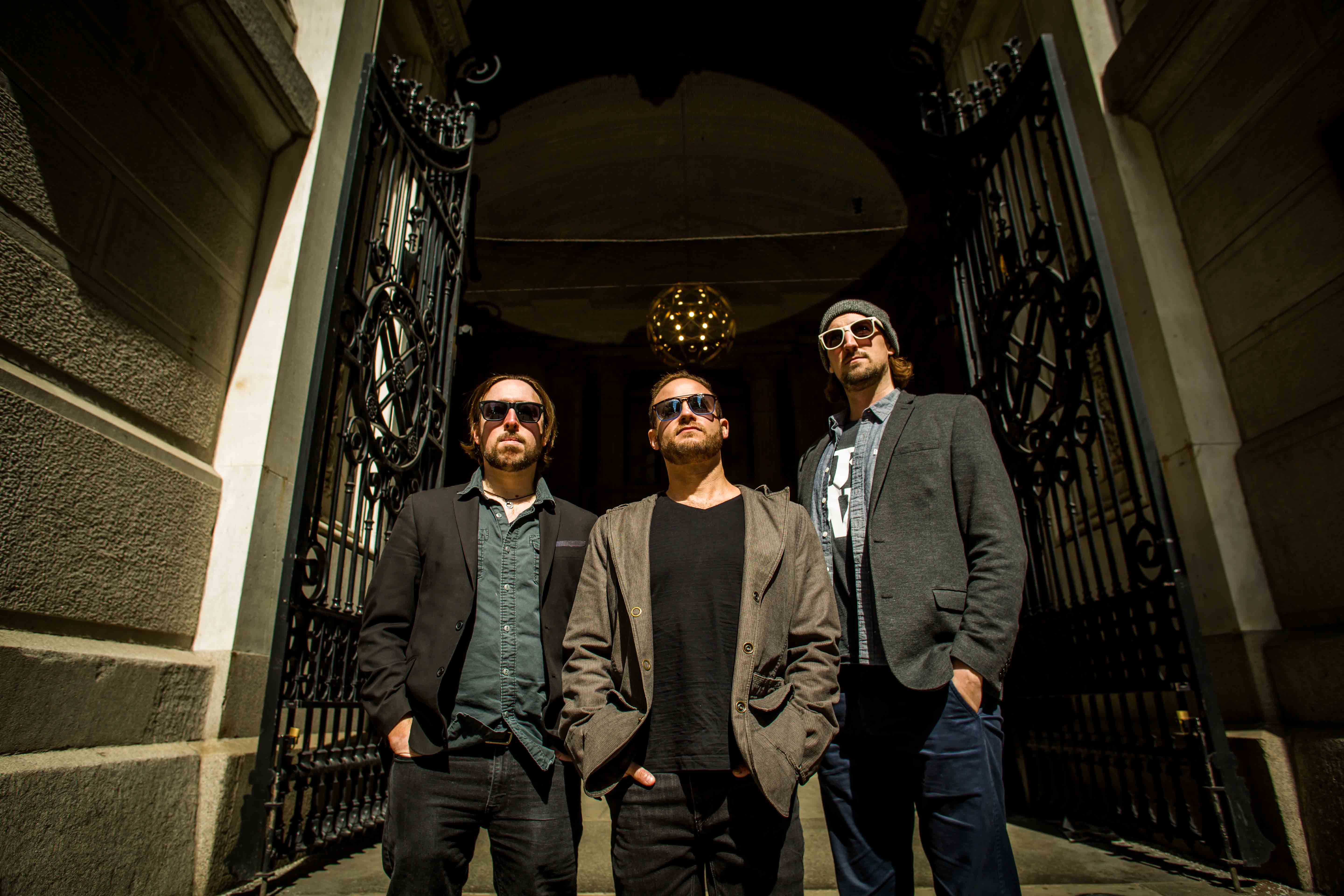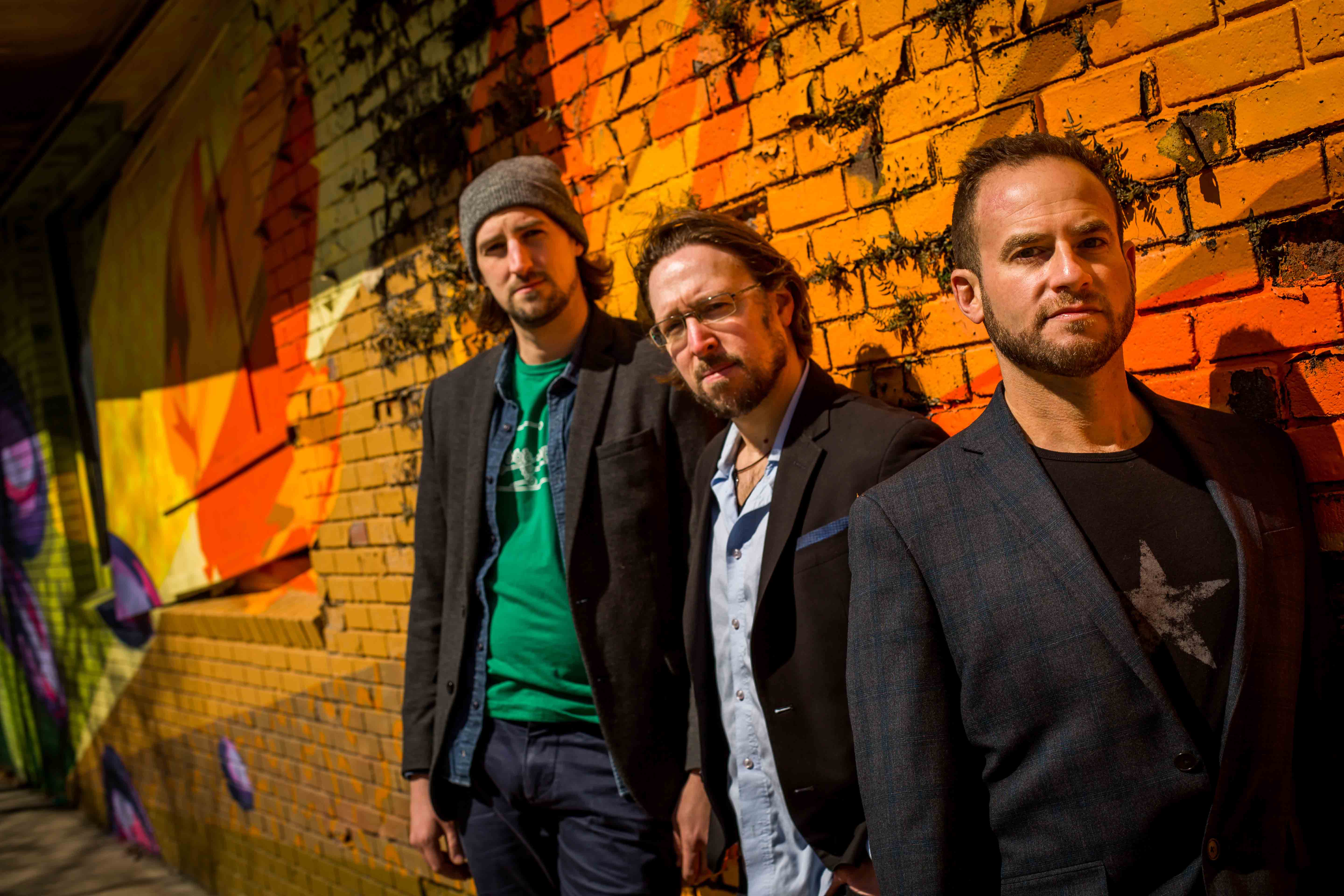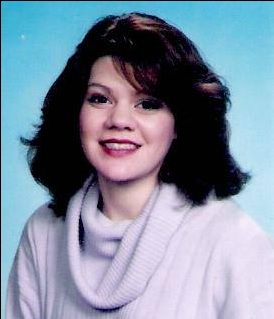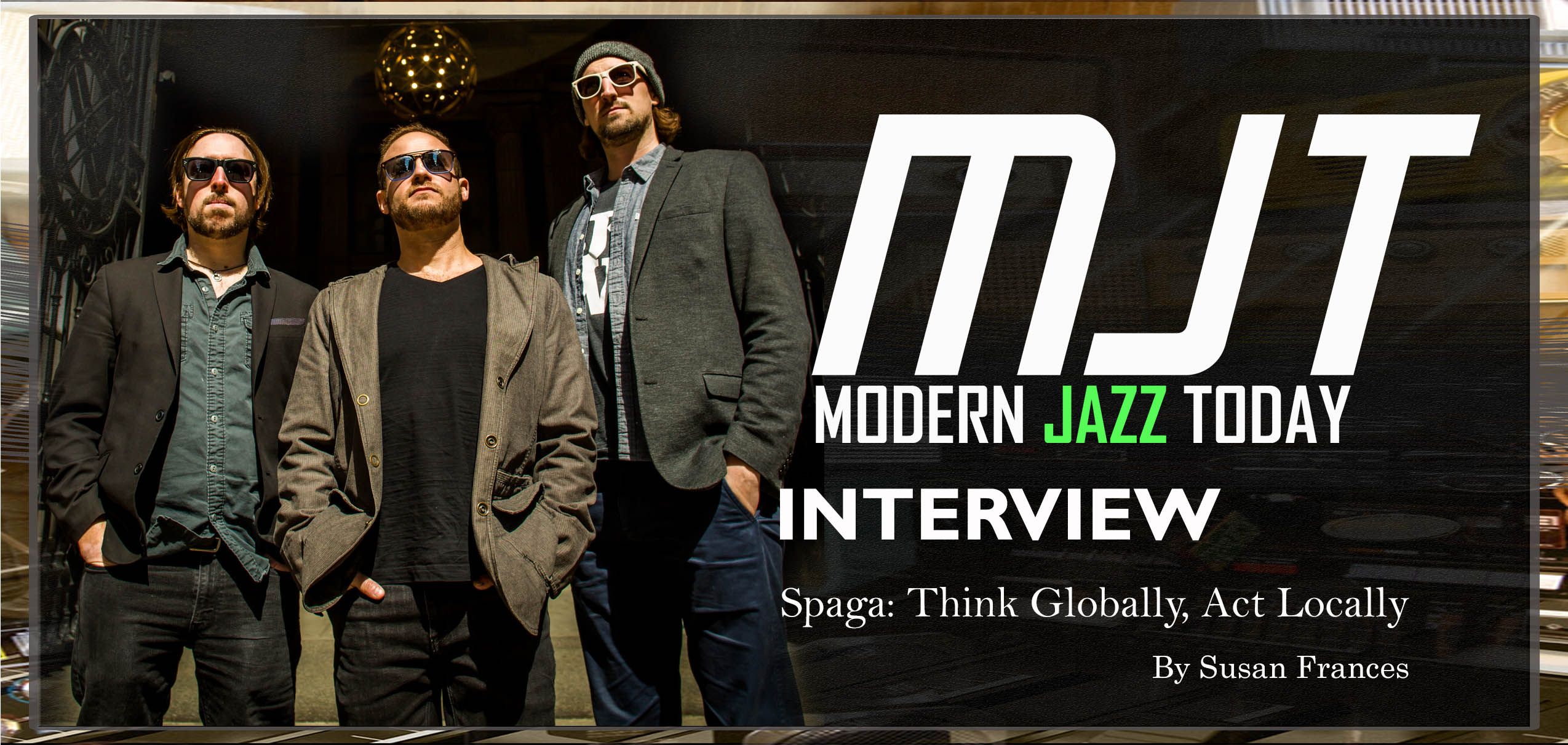Spaga: Think Globally, Act Locally
by Susan Frances
 Spaga’s founder, frontman, co-collaborator, and pianist Aron Magner instills in the band to think globally and act locally. Thus, setting the band’s objective to make music that will appeal to listeners from around the world while having the resources to play local clubs.
Spaga’s founder, frontman, co-collaborator, and pianist Aron Magner instills in the band to think globally and act locally. Thus, setting the band’s objective to make music that will appeal to listeners from around the world while having the resources to play local clubs.
“I want to bring this project into rooms that aren’t reserved exclusively for jazz,” Magner proposes. “I want to bring a grand piano into venues where there was a dance party the night before. I would love nothing more than to score a film with this trio. We were deliberate in choosing to make this first album as a trio and to capture a ‘mainly acoustic’ sound. It helped to begin to define us. Now we can begin to expand our sonic palette.”
Based in Philadelphia, the modern jazz unit is a trio that consists of bassist Jason Fraticelli and drummer Matt Scarano along with Magner. He explains how the trio formed. “I had known bassist Jason Fraticelli through the Philadelphia scene for the past 15 years. Although, outside of random social hangs, we had never truly played together. He was the first person I had in mind when I decided to evolve the jazz material I was writing into a trio setting.”
He recalls about those early conversations with Fraticelli, “I told him we needed a versatile and kind drummer, and we looked no further than Matt Scarano. There was an immediate bond simply in the hang, just three guys having fun, setting up our instruments with the intention of learning the skeleton of the material and recording some demos. It became obvious immediately, to me at least, that these guys know how to listen, how to interact on a high musical level, and how to jam as a collective unit. I remember that first moment vividly as ‘this will definitely work!'”
Their collaboration has manifested into their forthcoming release due out in July 2019, whetting audiences appetites with their single  “Creed,” which Magner expresses came with a unique set of challenges. “’Creed’ was actually one of the first songs I wrote for this project. It was affectionately named ‘Track 2’ for quite some time. Arguably, one of the easiest songs to play on the album, it was of course the hardest to get to sound right. We tried many different recording techniques and overdub parts. We even went back and included some lines from the original demo that we weren’t able to replicate again.”
“Creed,” which Magner expresses came with a unique set of challenges. “’Creed’ was actually one of the first songs I wrote for this project. It was affectionately named ‘Track 2’ for quite some time. Arguably, one of the easiest songs to play on the album, it was of course the hardest to get to sound right. We tried many different recording techniques and overdub parts. We even went back and included some lines from the original demo that we weren’t able to replicate again.”
The trio’s creative juices flowed prolifically during the songwriting process, making it possible for Spaga to have enough material for a full-length album. Magner admits, “I wrote the first couple of songs for this album with no preconceptions about what it was or what it could be. It was simply music for the sake of music that led to an organic flow of ideas. But after recruiting Philly phenoms Jason Fraticelli on bass and Matt Scarano on drums, the songs began to speak to a shared manifesto—or ‘creed’ if you will—of resilience: hard work, belief, faith. By the time we were finished recording the album, it represented a journey, which will only continue as we begin to play these compositions in a live setting.”
He reflects, “We’re still a young trio, and each show there are new levels of exploration of the material as well, an understanding of each other’s playing. Jason and Matt have played with each other in a few other projects as they are sought after Philadelphia musicians. There was an immediate connection the first day of demo recording. An intuitive understanding of how to appropriately react to each other, support one another, and listen.”
“Honestly,” he ruminates, “these players are the entire reason I wanted to continue this project beyond just making a passion project album. I’m learning more about myself as a player through playing with Jason and Matt than I have in years as a musician.”
Magner credits his choice to return to his musical roots in jazz that led to his current trajectory in the band. “The music and its connections to my roots reintroduced me to my first instrument, the piano, while pointing forward towards growth and potential.”
 He reminisces, “I started playing piano at an early age and always enjoyed it, but it wasn’t until I was introduced to jazz in my early teens that I really committed myself to music.”
He reminisces, “I started playing piano at an early age and always enjoyed it, but it wasn’t until I was introduced to jazz in my early teens that I really committed myself to music.”
He revisits, “I recommitted myself to my instrument after being introduced to jazz by Philadelphia educator Peter Simpkins. From there,” he chronicles, “I went to study with Michael Frank who provided me a solid education in jazz and the confidence to try my hand at becoming a professional musician. From there, I went to the University of Pennsylvania both to find something else that interested me as much as music, as well to maintain my musical contacts in the city.”
His musical journey includes his time with the Disco Biscuits in the late 1990’s, a trance pop/rock group that gave him a chance to experience a taste of global attention. He cites, “by the end of my freshmen year, I had met the other members of the Disco Biscuits, and I quickly hung up my tuxedo in favor of playing improvisational rock at frat parties and soon clubs in Philly and New York City.”
He recounts, “I dug deep, but discontinued my studies [in jazz] when I formed the Disco Biscuits. I took lessons again years later from Orrin Evans, which served as reminder of my passion for jazz but both our touring schedules made it hard to continue.”
Noting the growing pains while transitioning through the musical phases in his life, Magner imparts, “The ethos of improvisation and group interplay was the same for jazz as it was for a young jamband. I literally did not understand how to play a triad with no color tones for a rock band and had to learn to find my own voice within a new genre. As we get older and tend to reflect on our growth, I realized that I still identify as more of a jazz player than a rock player, though I don’t consider myself a master of either. I have my own style and identity and once I became comfortable with that, I was able to begin writing music for myself without a goal in mind. The formation of this project was a natural and very organic progression of that.”
From the Disco Biscuits to Spaga and his musical efforts in between, Magner confirms that his impression of music genres is not easily cut and defined but flexible and open to new ideas. “I come from a culture where genres are deliberately bent and blended into each other,” he describes. “Sometimes even within a song.”
Contributing to his open-mindedness towards music genres can be traced to his upbringing in Philadelphia as he claims, “Philadelphia has always had a strong musical scene regardless of genre.”
Magner’s choice for musical influences shows his wide range of likings as he lists, “Keith Jarret, Medeski Martin & Wood, Grateful Dead, GoGo Penguin, Shpongle, Nils Frahm, to name but a few.”
He reaffirms, “SPAGA is jazz, but then it begs the question ‘what is jazz?’ My theory with this project is that it will be easier to expose and convince a wider group of music fans that they like our music than it will to convince the jazz community to like us. Maybe I’m wrong. The few shows we’ve done thus far has been a solid hybrid of both. Everyone has walked away pleasantly surprised in discovering a new project that resonates with them.”
On the topic of playing live shows versus collaborating in the studio, Magner acknowledges, “There’s little human feedback in a studio. It’s just us and our engineer, Will Marr. When playing live, if there’s something I’m playing where I second guess how its landing, it usually only takes a glance into the crowd. You can literally feel when you have everyone engaged or if you are beginning to lose someone and then subconsciously have the ability to react to that.”
Magner does not only aim to make an impression on listeners through Spaga’s music but he also invests in creating a brand for the trio. Most noticeable is Spaga’s logo of a silhouette in the shape of a rhinoceros. He shares about the image, “The rhino on the cover of the album is an actual picture my wife took of a ceramic ‘origami’ style rhinoceros. It happens to be my youngest son’s ‘piggy’ bank. And for whatever reason, it lives atop my piano. This is the object that is in my immediate line of site while I play my piano at home. And now has become a sort of branded mascot of the band.”
The logo has evolved into a merchandise line, specific to the band, which Magner endorses, “Merch is such a great marketing tool. And we like to activate our fans to help spread our gospel. My wife is the catalyst for helping to build our new brand and image. Working together through ideas, concepts and revisions for the common goal of a continued success for this project has brought us closer together, and it’s another beautiful part of this story of rediscovery. The forthcoming album (July 26) will be put out on AM Records, which we just formed, because hey…its 2019 why not form your own label? Billy Martin from MMW actually just did the logo for AM Records.”
Spaga’s founder, frontman, co-collaborator, and pianist Aron Magner demonstrates a capacity to make music that takes elements from various genres and blends them into an eclectic mix. Spaga’s collaborations aim to attract a global audience while the band’s resources have them playing in local intimate clubs. Think globally and act locally is Spaga’s recipe for success.
About Susan Frances:
 Born in Brooklyn, New York and raised in eastern Long Island, I always enjoyed writing and made several contributions to my high school literary magazine, The Lion’s Pen. Influenced by writers of epic novels including Colleen McCullough and James Clavell, I gravitated to creative writing. After graduating from New York University with a BA in Liberal Arts, I tried my hand at conventional jobs but always returned to creative writing. Since 1998, I have been a freelance writer and have over three thousand articles to various e-zines including: Jazz Times, Blogcritics, Yahoo Voices, Goodreads.com, Authors and Books (books.wiseto.com), TheReadingRoom.com, Amazon.com, Epinions.com, Fictiondb.com, LibraryThing.com, BTS emag, BarnesandNoble.com, RomanticHistoricalReviews.com, AReCafe.com, Hybrid Magazine, and BookDepository.com. In 2013 and 2014, I was a judge in the Orange Rose Writing Competition sponsored by the Orange County chapter of the Romance Writers of America located in Brea, California.
Born in Brooklyn, New York and raised in eastern Long Island, I always enjoyed writing and made several contributions to my high school literary magazine, The Lion’s Pen. Influenced by writers of epic novels including Colleen McCullough and James Clavell, I gravitated to creative writing. After graduating from New York University with a BA in Liberal Arts, I tried my hand at conventional jobs but always returned to creative writing. Since 1998, I have been a freelance writer and have over three thousand articles to various e-zines including: Jazz Times, Blogcritics, Yahoo Voices, Goodreads.com, Authors and Books (books.wiseto.com), TheReadingRoom.com, Amazon.com, Epinions.com, Fictiondb.com, LibraryThing.com, BTS emag, BarnesandNoble.com, RomanticHistoricalReviews.com, AReCafe.com, Hybrid Magazine, and BookDepository.com. In 2013 and 2014, I was a judge in the Orange Rose Writing Competition sponsored by the Orange County chapter of the Romance Writers of America located in Brea, California.





No Comments